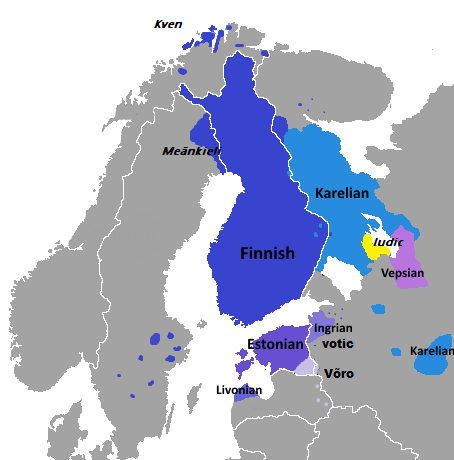The study of languages has long been prone to nonsense. Why is linguistics such a magnet for dilettantes and crackpots?

Ah, for the days of fact-free linguistics! The pre-scientific era may have produced a lot of codswallop and hogwash, but how entertaining it is to look back upon. Scholars erred in ways that few modern linguists ever would. Today, their field of study is a respectable social science, exacting in its methods, broad in its scope and generous in its harvest. Without phoneticians, computers wouldn’t be able to process spoken English. Without sociolinguists, prejudice against dialects and non-Western languages would still be rife – or rather, rifer still. Forensic linguists help solve crimes, clinical linguists treat people with language impairments, historical linguists shed light on language change and even on prehistoric culture and migration – the list goes on and on. As in other disciplines, pertinent questions and rigorous methods to answer them have been at the root of success.
When natural philosophy began to slowly develop into physics and other natural sciences, learned speculation in the human domain did not immediately follow suit. But it too gradually developed into what we now call the social sciences, and the study of language was one of the earliest adopters of the new methods. Its practitioners would pore over ancient texts written in long-dead languages and long-forgotten scripts, and compare them ever more systematically. This led to a breakthrough in the late 18th century, when there emerged new ideas about the historical origins of modern languages. Most of these ideas have stood the test of time.
But the budding discipline did not merely come up with new answers, it also changed the questions. Scholars of yore, when reflecting upon language, would wonder things like: Which of the contemporary languages was spoken by the first man? Which one is superior to the rest? And which of the human tongues deserves the label ‘divine’? Modern linguists will not touch those with a ten-foot pole. The oldest language is unknowable, but it was certainly different from anything spoken today. The ‘best’ language is impossible to define in any meaningful way. And as for ‘divine’ – the very word is meaningless in relation to languages, except in a cultural sense.
Not so in the olden days. Indeed, the answers seemed pretty obvious to many thinkers, if only thanks to that most anti-scientific habit of mind known as ethnocentrism. To the ancient Greeks, determining the world’s most excellent language was a perfect no-brainer: it could only be theirs. Continue reading →



